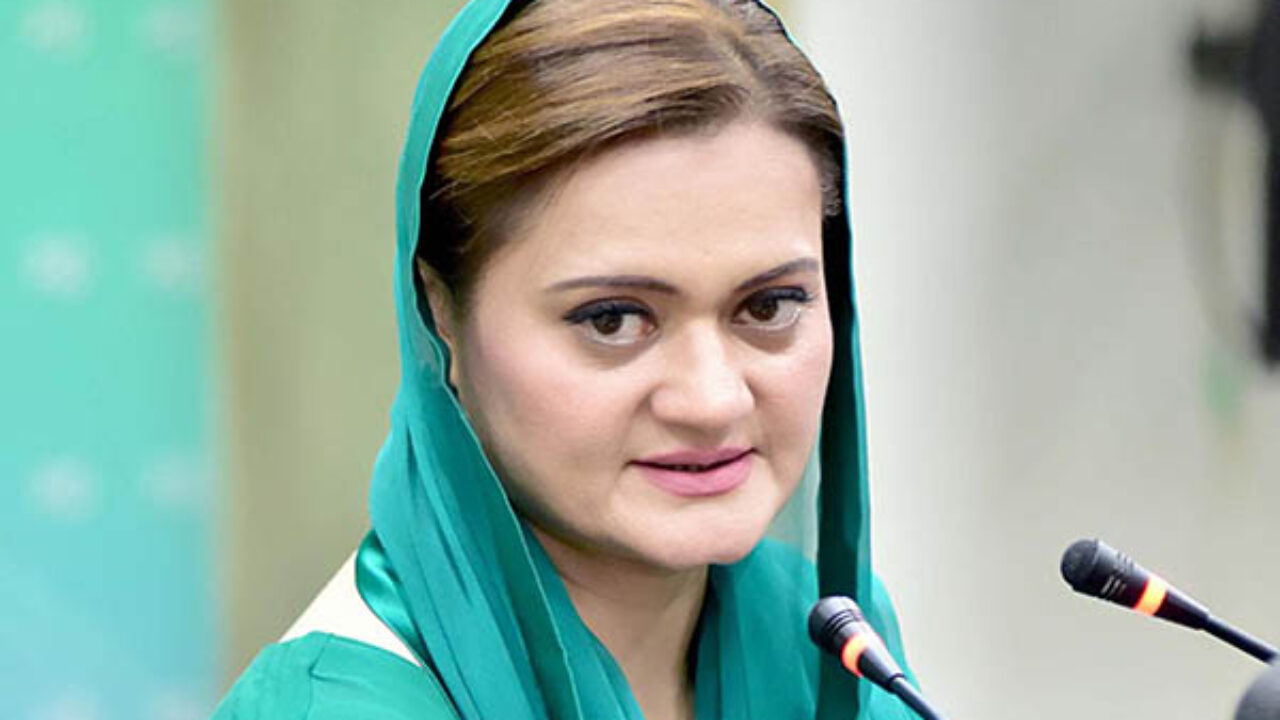Smog in Pakistan
Punjab’s senior minister, Maryam Aurangzeb, issued a poignant warning regarding the detrimental effects of plastic usage, labeling it a “death sentence” for both the environment and public health.
During a press conference, she passionately urged consumers to take a stand against plastic, highlighting its non-recyclable nature and the release of harmful gases, which are linked to cancer and fatalities.
Aurangzeb emphasized the ubiquitous presence of plastic in everyday life and its profound negative impacts on both human health and the ecosystem.
In a proactive move to address pollution, she disclosed that plastic production has been ceased in Punjab, with no industry currently manufacturing plastic bags. She also pledged stringent enforcement against any violations of this ban.
Turning to the issue of smog, Aurangzeb acknowledged the influx of smog from neighboring India but underscored that a substantial 70% of the problem originates from local industries.
The government, she assured, is resolutely committed to tackling smog through multifaceted approaches, including crackdowns on tire burning and the approval of a comprehensive solid waste management plan.
Additionally, Aurangzeb unveiled Punjab Chief Minister’s initiatives to subsidize eco-friendly ventures, such as the introduction of e-buses and an enhanced transit system across the province.
Amendments to the Motorway Ordinance were also announced, mandating all vehicles to obtain a fitness certificate before hitting the road, with the aim of curbing vehicular emissions.
These collective measures underscore Punjab’s proactive stance in combating environmental degradation and addressing the pressing challenges posed by plastic pollution and smog.
Aurangzeb’s statements reflect a firm commitment to prioritizing sustainable practices and fostering a cleaner, healthier future for the region.
I am a dynamic professional, specializing in Peace and Conflict Studies, Conflict Management and Resolution, and International Relations. My expertise is particularly focused on South Asian Conflicts and the intricacies of the Indian Ocean and Asia Pacific Politics. With my skills as a Content Writer, I serve as a bridge between academia and the public, translating complex global issues into accessible narratives. My passion for fostering understanding and cooperation on the national and international stage drives me to make meaningful contributions to peace and global discourse.










